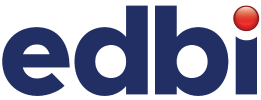Singapore-based biotechnology firm Tessa Therapeutics (Tessa) has come a long way from the Singapore cafe where the idea of its inception was hatched.
Born over a discussion eight years ago between an immunologist and an oncologist, it is today ahead in the race to turn cancer patients’ own immune cells (T-cells) against the tumours in their bodies.
It is conducting the world’s first and largest US Food and Drug Administration (FDA) Phase Three cancer T-cell therapy trial, and could possibly produce the world’s first commercial T-cell therapy treatment for solid tumours.
Enrolment for 330 patients from 30 hospital centres across Asia and the United States has passed the halfway mark.
The trial, which targets advanced nose cancer or nasopharyngeal cancer, with T-cell immunotherapy, is expected to be completed by the end of this year.
Tessa has developed a Virus Specific T-cell (VST) platform.
Its treatment, known as TT10, entails taking a sample of the patient’s blood, separating the infection-fighting T-cells it contains and stimulating them in the laboratory with specialised cells to produce virus-specific T-cells.
Its Phase Two trial on 35 patients with advanced stage nose cancer associated with the Epstein-Barr virus reported the best survival results for first-line treatment of advanced nose cancer to date.
The two-year overall survival rate was 62.9 per cent, compared to the 20 per cent survival outcome with chemotherapy.
The three-year survival rate was 37.1 per cent.
Last month, the company announced that the Stanford Cancer Institute has joined its clinical trial network in the US, which now consists of seven hospitals. It also completed a $108 million funding round led by Singapore investment company Temasek in December last year.
Tessa’s chief medical officer Toh Han Chong, who is also deputy director of the National Cancer Centre Singapore, said: “Tessa’s VST technology holds the promise of becoming a treatment platform for a wide range of cancers, and we are actively expanding our portfolio to include some of the world’s major cancer indications.”
The firm is also currently conducting a Phase One trial for human papillomavirus (HPV)-associated cervical cancer and oropharyngeal (throat) cancer in the US, which it aims to progress into Phase Two this year.
It is currently worth some $650 million and has plans to list on Nasdaq by next year.
Last year, it announced the formation of a joint immuno-oncology laboratory in A*Star’s Institute of Molecular and Cell Biology, which would build on Tessa’s core VST platform to create the next generation of immunotherapies to treat solid tumours.
Source: The Straits Times, 4 Mar 2018

